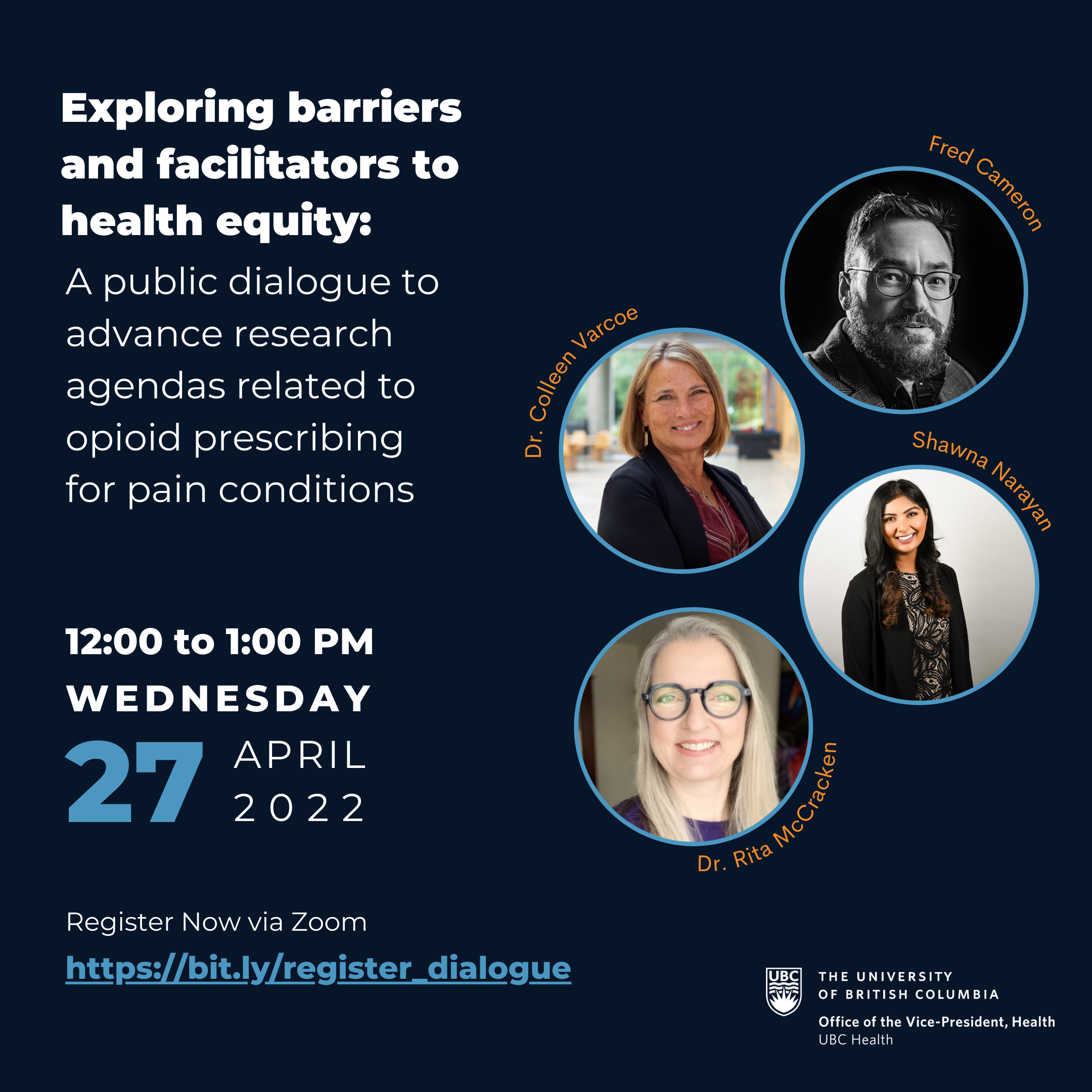Connecting professionals can promote interdisciplinary trauma-focused therapy and return-to-work support for clients with work-related PTSD. This blog
Exploring barriers and facilitators to health equity
[April 27] The ongoing opioid crisis continues to inflict serious harms on thousands of British Columbians. Some harms are due to initiation of opioid
Male Pain and Alcohol
Pain is a universal experience across people of all genders. How do we know when something hurts inside? It keeps coming back; first, it disrupts,
Eight years joining CPDD drug problems conference
Some things in academia can become so much fabric of your life that you stop counting years. The conference of the College on Problems of Drug
Why Cochrane collaboration makes strongest researchers
So what has the Cochrane membership done for me? Inspired by Dr Jeremy Grimshaw’s question: “So what has the Cochrane Collaboration ever done for us?”
Addiction training provision must meet training needs
Closing the gap between training needs and training provision in addiction medicine Substance use disorders pose a significant
Boost for Oral Opioid Agonist Therapy
Although opioid agonist treatment is effective in treating opioid use disorders, retention in such treatment is suboptimal in part due to quality of
Closing gap between workforce needs and training provision in addiction medicine
Substance use disorders represent a significant social and economic burden globally. While effective interventions exist, the overall treatment
Drug court and Addiction, AMERSA conference
Is drug court meeting the need of the most vulnerable people who use drugs? What is the drug court judge’s hardest decision? What is social detox? How







